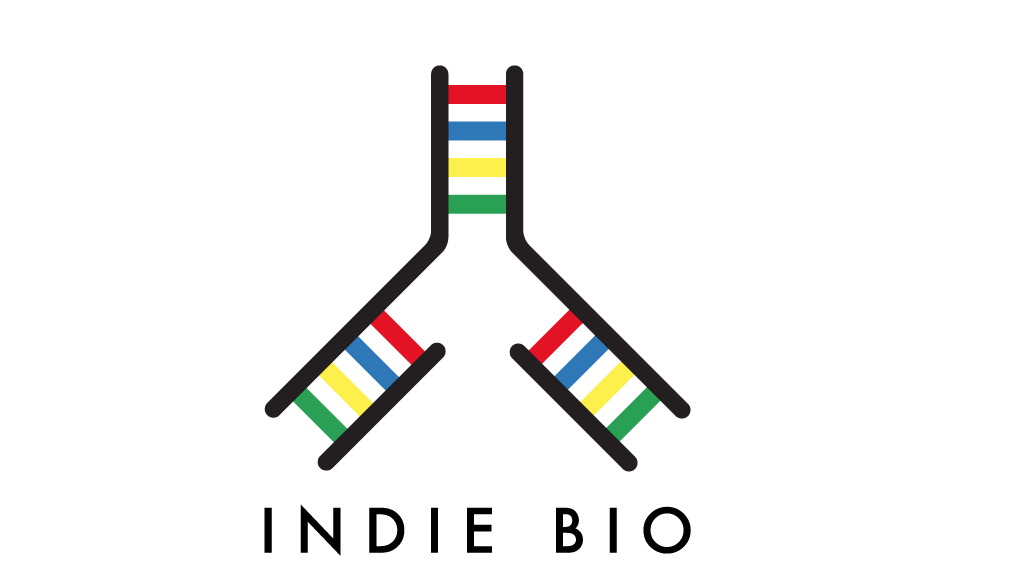Leaving the $3.2 billion portfolio he helped build at IndieBio Arvind Gupta joins Mayfield to create the Genesis Consortium
Arvind Gupta, the founder and head of IndieBio, is leaving the accelerator whose portfolio he helped build into a $3.2 billion life sciences powerhouse, to join the venture capital fund Mayfield.
The move is a signal both of Mayfield’s increasing commitment to invest in a thesis around human and planetary health, and of the growing importance of bio-engineering in the world of emerging technologies.
“This goes with the focus at Mayfield on conscious capitalism and mending the planet and the development of solutions to address these human and planetary health issues,” said Ursheet Parikh, a partner at Mayfield who leads the firm’s initiatives around bio-engineering.
As part of the move, Mayfield has committed to invest in SOSV, the holding company for a clutch of accelerators and venture funds that included IndieBio, and to collaborate with the SOSV on the creation of the Genesis Consortium, an alliance of investment funds and corporate investors designed to back companies focused on bio-engineering for planetary and human health.
“This is a good time to expand the movement beyond the pre-seed level,” said Gupta in an interview.

From the accelerator to the A round
As part of the agreement, Mayfield has committed to invest $100,000 in all of the companies graduating from the IndieBio San Francisco accelerator. Po Bronson is taking over the leadership position at IndieBio although Gupta will continue to act as an advisor to the accelerator, according to a statement.
For IndieBio and Gupta, the partnership with Mayfield is an affirmation of the six years of work that Gupta and his team have put in to accelerating companies focused on commercializing the technologies that have been developed to shape and reshape the basic building blocks of life.
In that time, he’s created a portfolio that’s worth, by some estimates, $3.2 billion and includes companies like Memphis Meats (developing cultured meat from animal cells), Geltor (developing novel proteins), Synthex (manufacturing new peptide therapeutics), Endless West (distilling alcohol from microbes), Prellis (developing organ tissue cultivation), NotCo (creating a new plant based food brand), Catalog (using organisms for data storage), Tinctorium (recreating the dyeing process for blue jeans), Mycoworks (using plants to make a leather replacement).
Parikh said that the partnership between the two firms is another example of the ways new information technology advancements dovetail with the revolution in engineering biology. “All this cloud and artificial intelligence becomes a catalyst,” said Parikh. “It becomes about building the next generation of companies and [technology] platforms.”
At Mayfield that’s meant investing in companies like Mammoth Biosciences, a pioneer in the use of CRISPR gene editing technologies across a number of industries with an early focus on healthcare and life sciences. It has also meant investing in some IndieBio graduates like Serenity Bioworks and New Culture
Bioengineering is experiencing a bit of boom these days among venture investors. Companies using the new technology have attracted investments from leading funds including Kleiner Perkins, Mayfield, DCVC, Khosla Ventures, Sequoia, SoftBank, Andreessen Horowitz and others. According to data from the research firm, SynBioBeta, startups focused on bioengineering have raised over $12.6 billion in funding as of 2018.
Both Gupta and Parikh think those numbers are nowhere near enough if the companies developing these technologies are to live up to their potential and have the desired impact on industries as diverse as manufacturing, agriculture and food production, packaging and material sciences, and clothing and consumer goods.
Behind all of this, for Gupta, is the looming threat of a climate catastrophe. Reversing course on global climate change — or even just limiting the planet’s disturbing warming trend — will require a shift in consumer behavior that can be made through the development and commercialization of these bio-based technologies, Gupta said.

Image via Getty Images / KTSDESIGN/SCIENCE PHOTO LIBRARY
The Genesis Consortium
It may sound like a Bond-villain scheme for global domination, but ideally, the Genesis Consortium will bring together a number of corporate partners and investment funds that focus on bio-engineering to collaborate on investments at a scale that’s needed to make the changes that Gupta thinks are necessary for industry.
“The idea, to take a step back, is really about extending this movement,” says Gupta. “If you look at the amount of capital being deployed in human and planetary health it is a small part of investments compared to all of IT.”
What needs to happen is that investors need to realize that these are multi-billion industries that can be transformed using these technology platforms, Gupta said. They are also solutions for the existential health and planetary crises that the global population is confronting.
That’s why the firms are creating the Genesis Consortium. “We want this to be the announcement where we can go and have that conversation with strategic partners,” said Gupta. “I also want to make sure that corporates are involved… this is not just about money but strategic involvement.”
Already, some of the biggest food companies in the U.S. are turning their attention to the industry thanks to shifting consumer tastes and are responding accordingly. “The Tyson’s of the world have seen that shift,” Gupta said. As consumers shift their minds and their dollars… all of the big corporates are thinking about how they stay ahead of this.”
Mayfield’s big bet on bio-engineering
In a blog post announcing Gupta’s addition to the Mayfield team, the firm talked about how it views the possibility of combining biological engineering with information technology.
“Five years ago, we saw that the ability to marry the engineering approaches of information technology with advances in biology creates a big opportunity for a whole new class of companies. We see a mutually reinforcing engineering biology innovation loop coming together that enables these companies,” wrote Parikh and Navin Chaddha, Mayfield’s managing director.
That loop begins with digitizing biology and quantifying the living state to create the datasets that cloud computing and machine learning can parse for insights. The reduced cost of full genome sequencing and the creation of CRISPR editing are ushering a new platform technology, according to Parikh and Chaddha and Mayfield wants to get in early on that revolution.
Positioning itself as a firm that has seen the first wave of biotech innovations, the surge and cresting of information technology’s digital revolution, and an early (and profitable) investor in sustainability, Mayfield is trying to contextuallize this engineering biology as another shift in where technology is heading and how venture capitalists can capitalize on the changes.
As Mayfield’s leadership wrote in their blog post today:
These platforms in turn enable faster development of new applications, including new diagnostics and therapeutics, new materials, new foods, and environmental engineering. These new applications create demand for more enabling tech in digitizing biology and bio engineering platforms, completing the innovation loop. This loop is hitting critical mass for super-fast iteration because the cost for digitizing biology is trending to zero.
Solving the current twin challenges of human and planetary evolution presents the greatest entrepreneurial opportunity in history. Our mission at Mayfield is to partner with entrepreneurs leading this movement.

 from TechCrunch https://ift.tt/2Wmp5t3
from TechCrunch https://ift.tt/2Wmp5t3via IFTTT
Comments
Post a Comment